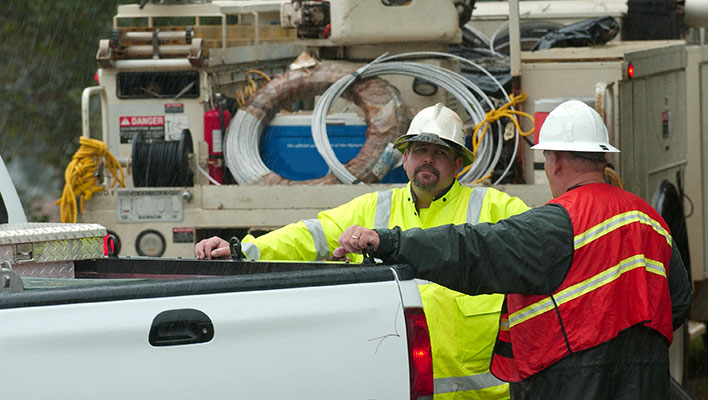In 2020, emissions of carbon dioxide (CO2) by the U.S. electric power sector were 1,448 million metric tons, which accounted for about 38% of total U.S. primary energy consumption, and roughly 32% of total U.S. energy-related CO2 emissions. Breaking things down even further, coal accounted for 54% and natural gas for 44% of those CO2 emissions. Emissions from burning petroleum fuels and non-biomass waste (mainly plastics) in waste-to energy power plants and emissions from some types of geothermal power plants accounted for about 2% of power sector CO2 emissions.
Are utilities still on the path to reduce carbon emissions by midcentury?
The Sierra Club doesn’t think so. Critical of pledges and what they see as modest reductions, they released a report at the beginning of the year suggesting the power sector must do more now to reach an 80% reduction in CO2 emissions by 2030. They believe the proposed net-zero carbon emissions policy by 2050 is just a dream if utilities don’t take drastic action soon.
But never count the utility industry out. This is a challenge that is being met head-on with meticulous thought, planning and care. By moving too soon and abandoning fossil-fueled power plants, the industry has demonstrated reliability disruptions would be prevalent across the country, and costs would rise immediately. Those costs would manifest as extreme price hikes passed on to customers. That is not the way the industry wants to address sustainability and green concerns.
Companies like Duke Energy have outlined their long-term plans to reach the clean energy goals. The proposal is a stout and realistic view of what they need to do to generate and exceed the 23,200 megawatts currently produced before they retire coal-fired and aging natural gas power plants and replace them with wind, solar and other sustainable options – WHILE creating additional capacity.
Other companies are rethinking current processes, the resources they have and retooling everything from the ground up. Using solutions like the ARCOS Resource Management Platform, they are finding quicker ways to build the bottom blocks of their zero-emissions goal foundation. Paperless and with one source of truth reporting capabilities in a single platform, efficient resource, crew, contractor and work management is helping define their path to zero-emissions success.
The incredible shift in energy consumption, generation, and distribution over the next 29 years has started. Let ARCOS help your organization reach your sustainability destination. Contact us to learn more.




